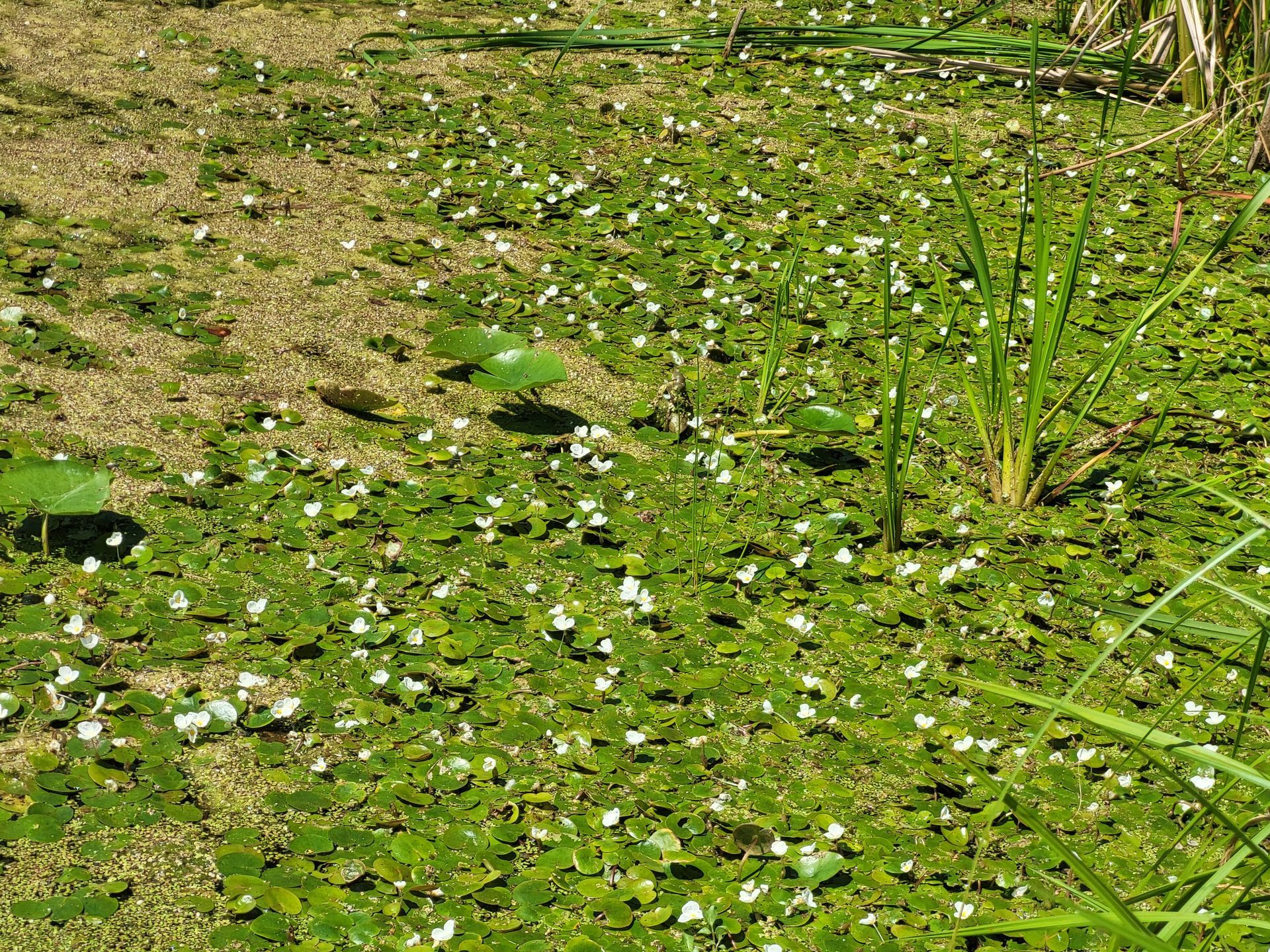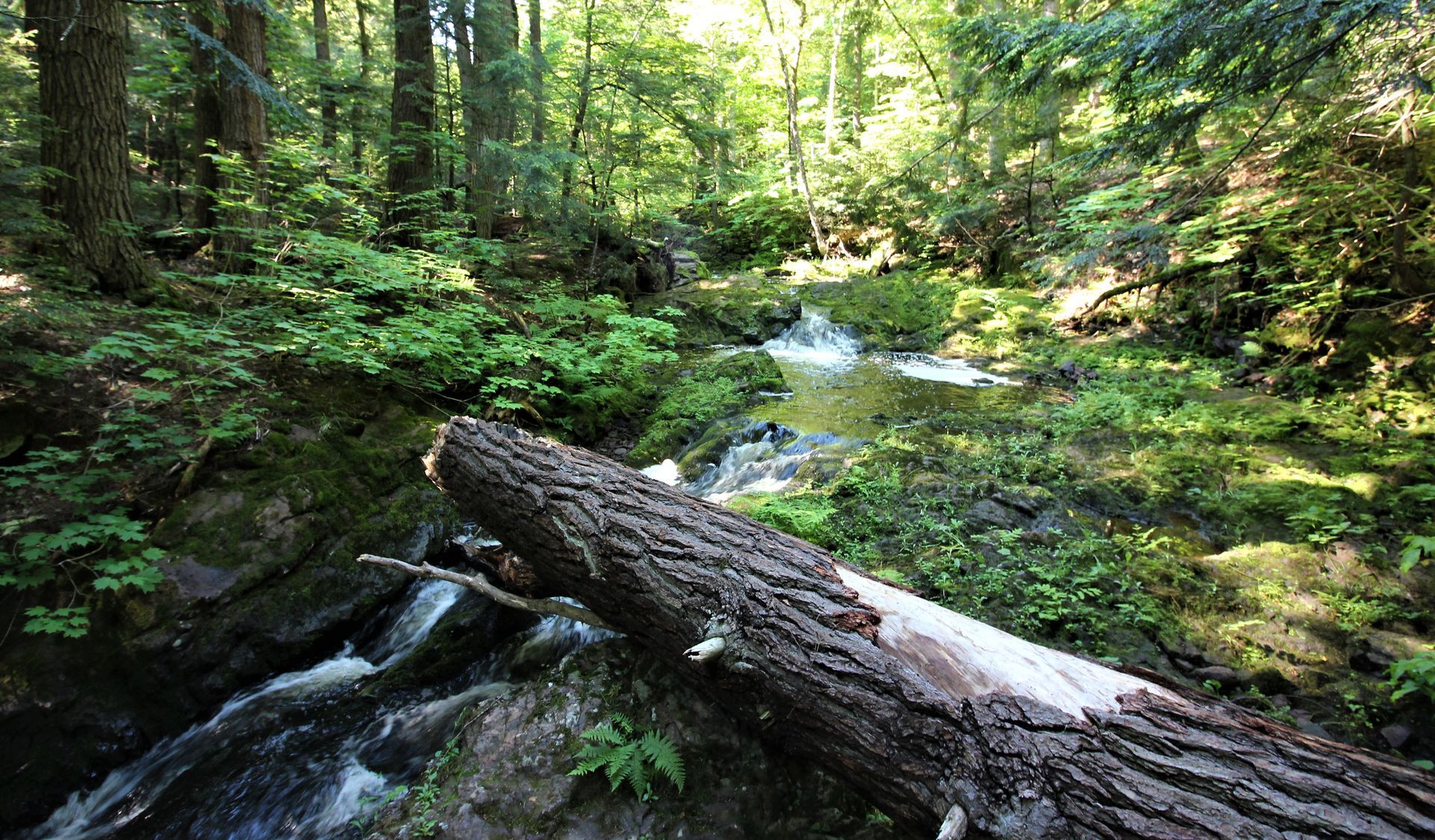Camp Grayling Permit Application Awaits Review by Department of Natural Resources
The Michigan Army National Guard has just submitted a land use permit application regarding Camp Grayling military training to the Department of Natural Resources for review.
In April of 2023, the Department of Military and Veterans Affairs (DMVA) proposed a 20-year lease of over 160,000 acres of state forest land. After multiple community input sessions and a lengthy review, the DNR rejected this proposal.
Most lands within the proposed 160,000-acre lease violated buffer zones, or land ineligible for lease for other reasons. The remaining 52,000 acres that fell outside of these excluded areas could be eligible for military training activities on a short-term basis.
Michigan United Conservation Clubs opposed the original lease proposal and has multiple policies reaffirming the organization’s opposition to the expansion. MUCC is committed to minimizing environmental impact and maximizing recreational opportunity and is opposed to any future expansion of Camp Grayling.
In place of the proposed lease, the DNR and the DMVA came to an agreement under a Memorandum of Understanding (MOU). The MOU allows the DMVA to apply for limited land use permits which the DNR evaluates for recreational, economic, and environmental impacts. The permits would allow the DMVA to conduct low-impact military training on approved acreage if approved.
This type of permit applications are not normally made public, but the DNR posted the proposal in the interest of transparency.
Specifying in the MOU that only “low impact” activities are allowed excludes the use of live fire and tanks and prohibits permanent fencing or structures.
Conditions within the memorandum require recreational access to be available at all times. Additionally, the DNR doubled the size of buffer zones around protected lakes and streams in the MOU from the initial 1,500 feet to 3,000 feet.
Under the new MOU, the National Guard has submitted a permit application that would allow up to two vehicles and 8 individuals to conduct low-impact military training at one time. The training would be allowed on eligible state forest lands between April 20 and October 31, 2024.
The proposed land use was requested to train soldiers to utilize electronic sensing systems. The permit application is currently under review by DNR staff, who have assured the public that recreational opportunities, fisheries, wildlife, and forest management activities will be taken into consideration throughout the process.
To ensure our natural resources remain protected and managed thoughtfully in perpetuity, join Michigan United Conservation Clubs today: http://bit.ly/JoinMUCC .
The post Camp Grayling Permit Application Awaits Review by Department of Natural Resources appeared first on Michigan United Conservation Clubs.
Recent Posts



